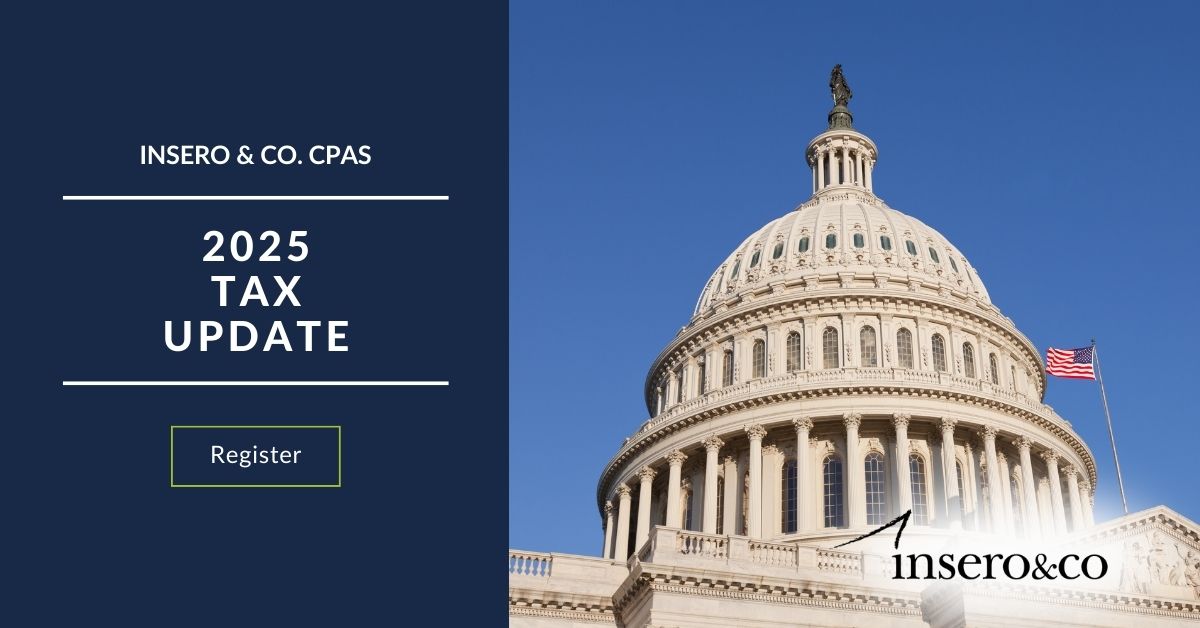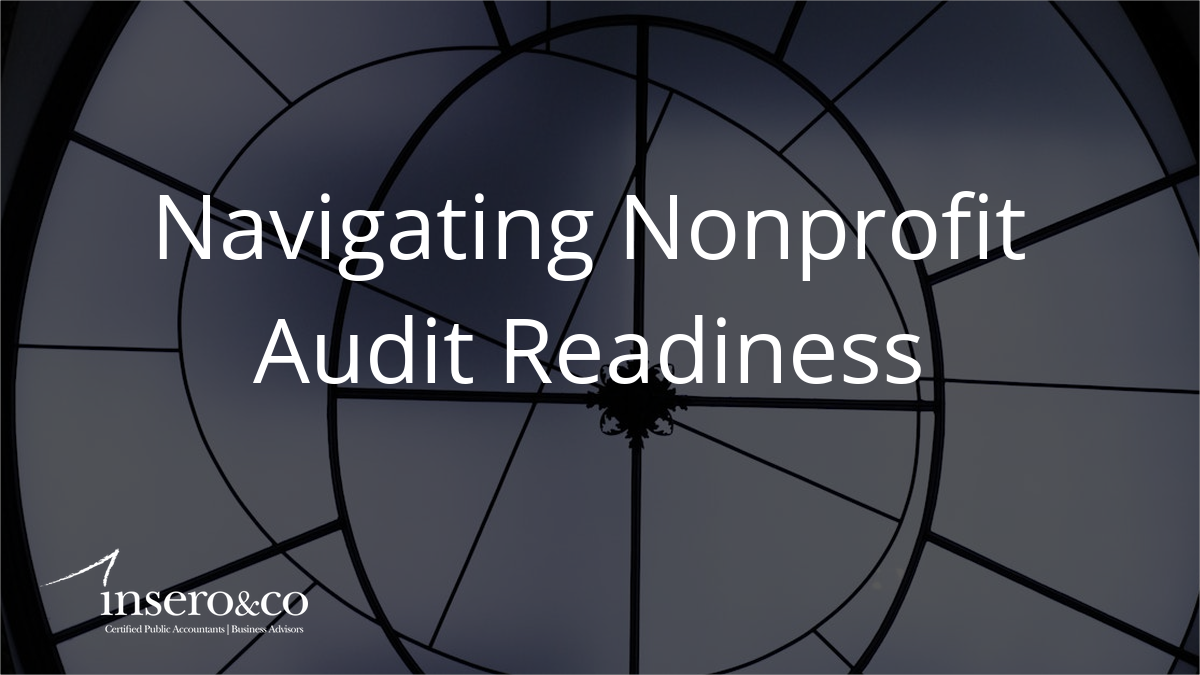ARTICLE | February 06, 2024
Executive summary: Section 30C alternative fuel vehicle refueling property credit guidance
The Department of the Treasury (Treasury) and Internal Revenue Service (IRS) issued Notice 2024-20 (Notice) on Jan. 19, 2024, providing guidance to taxpayers on determining whether their qualified alternative fuel vehicle refueling property is located in an eligible census tract for purposes of the credit under section 30C of the Internal Revenue Code. Treasury and the IRS intend to propose regulations addressing the requirements. Until such proposed regulations are issued, taxpayers may rely on the guidance in the Notice.
The Notice provides definitional and procedural guidance including:
- Applicable Census Bureau terminology
- Additional information on each type of eligible census tract
- Rules for determining whether a census tract is eligible
- Substantiation and documentation requirements
Electronic tools and two appendices are offered in the Notice to assist taxpayers in their efforts to confirm eligibility of a census tract.
Background
The credit for qualified alternative fuel vehicle refueling property was first enacted in 2005 and provides a one-time general business credit for the cost of the property in the year it is placed in service. The credit may also be claimed as a nonrefundable personal credit if the property is not used in a trade or business (e.g., nondepreciable, used at a personal residence). The Inflation Reduction Act of 2022 (IRA) made several amendments to the credit including:
- Applying the section 30C credit to “any single item” of qualified alternative fuel vehicle refueling property
- Increasing the credit limitation for depreciable property to $100,000; credit limitation for all other property remains $1,000
- Expanding the types of eligible property
- Imposing prevailing wage and apprenticeship requirements on qualified alternative fuel vehicle refueling property used in a trade or business to claim the full credit rate. See RSM US LLP’s prior coverage of the prevailing wage and apprenticeship requirements. Personal use property is not subject to this requirement
- Allowing monetization of the credit by a direct pay under IRC section 6417 or transferability under IRC section 6418
- Adding the requirement that the qualified alternative fuel vehicle refueling property must be placed in service in an eligible census tract
Notice 2024-20
An eligible census tract is any population census tract that is a low-income community as described in IRC section 45D(e) or that is not an urban area. It may include property located in the U.S. territories.
Low-income community population census tracts
The section 30C credit uses the same definition for a low-income community census tract as the section 45D new markets tax credit (NMTC). Section 45D(e)(1) defines a low-income community as:
- A population census tract for which the poverty rate is greater than 20%;
- In the case of a tract not located within a metropolitan area, the median family income (MFI) of such tract is 80% or less of the statewide MFI; or
- In the case of a tract located in a metropolitan area, the MFI for such tract is 80% or less of the greater of statewide MFI or the metropolitan area MFI.
Low-income community population census tracts are determined by the Community Development Financial Institutions Fund (CDFI Fund) based on the American Community Survey (ACS) five-year estimate. For purposes of the NMTC, the CDFI Fund offers a one-year transitionary period as new data on NMTC tracts becomes available. The IRS intends to offer a similar transitionary period for the section 30C credit. For qualified alternative fuel vehicle refueling property placed in service between Jan. 1, 2023 and Dec. 31, 2024, taxpayers are able to utilize either the 2011-2015 NMTC tracts or the 2016-2020 NMTC tracts to determine if the property is in a low-income community census tract. For qualified alternative fuel vehicle refueling property placed in service after 2024 taxpayers must use the 2016-2020 NMTC tracts, pending the release of a future ACS five-year estimate.
Non-urban census tracts
Section 30C defines the term “urban area” as a population census tract that has been designated as an urban area by the Secretary of Commerce in the most recent decennial census. The Notice provides that if at least 10% of the census blocks that compose the population census tract are not urban areas, then the population census tract is not urban and satisfies the eligible census tract requirement. The non-urban census tracts determined by the 2020 Census are valid until data on the 2030 Census are released, which may not be until 2033.
Procedures for determining whether location requirements are met
The Notice provides electronic tools for taxpayers to determine the GEOID of the address where the qualified alternative fuel vehicle refueling property is located. A GEOID is the unique identifier for each census tract in the United States. Taxpayers may then cross-reference the GEOID with the two appendices in the Notice.
Appendix A and Appendix B provide the listings of GEOIDs for low-income community population census tracts using the 2011-2015 NMTC census tracts and 2016-2020 NMTC census tracts, respectively. Appendix B also includes GEOIDs for the non-urban census tracts. Therefore, a census tract is eligible if the GEOID appears on:
- For property placed in service in 2023 or 2024: Appendix A or Appendix B.
- For property placed in service between 2025 and 2029: Appendix B only.
The section 30C credit sunsets after 2032.
Washington National Tax takeaways
The Notice provides clarity on the geographical requirements of eligible property for taxpayers planning an investment in qualified alternative fuel vehicle refueling property. The tools and appendices provided in the Notice allow taxpayers to scope credit eligibility using the Notice’s permitted geographical sources. Taxpayers should be aware that Treasury and the IRS intend to propose regulations on the section 30C credit, but may rely on this Notice until such regulations are issued.
Taxpayers should consult with their tax advisors and the resources in the new guidance prior to accounting for any section 30C tax credits.
Do you have questions or want to talk?
Call us at (800) 232-9547 or fill out the form below and we’ll contact you to discuss your specific situation.
This article was written by Sara Hutton, Brent Sabot and originally appeared on 2024-02-06.
2022 RSM US LLP. All rights reserved.
https://rsmus.com/insights/tax-alerts/2024/new-rules-impact-credit-eligibility-for-ev-charging-stations-and-more.html
The information contained herein is general in nature and based on authorities that are subject to change. RSM US LLP guarantees neither the accuracy nor completeness of any information and is not responsible for any errors or omissions, or for results obtained by others as a result of reliance upon such information. RSM US LLP assumes no obligation to inform the reader of any changes in tax laws or other factors that could affect information contained herein. This publication does not, and is not intended to, provide legal, tax or accounting advice, and readers should consult their tax advisors concerning the application of tax laws to their particular situations. This analysis is not tax advice and is not intended or written to be used, and cannot be used, for purposes of avoiding tax penalties that may be imposed on any taxpayer.
RSM US Alliance provides its members with access to resources of RSM US LLP. RSM US Alliance member firms are separate and independent businesses and legal entities that are responsible for their own acts and omissions, and each are separate and independent from RSM US LLP. RSM US LLP is the U.S. member firm of RSM International, a global network of independent audit, tax, and consulting firms. Members of RSM US Alliance have access to RSM International resources through RSM US LLP but are not member firms of RSM International. Visit rsmus.com/aboutus for more information regarding RSM US LLP and RSM International. The RSM(tm) brandmark is used under license by RSM US LLP. RSM US Alliance products and services are proprietary to RSM US LLP.

Insero & Co. CPAs, LLP is a proud member of RSM US Alliance, a premier affiliation of independent accounting and consulting firms in the United States. RSM US Alliance provides our firm with access to resources of RSM US LLP, the leading provider of audit, tax and consulting services focused on the middle market. RSM US LLP is a licensed CPA firm and the U.S. member of RSM International, a global network of independent audit, tax and consulting firms with more than 43,000 people in over 120 countries.
Our membership in RSM US Alliance has elevated our capabilities in the marketplace, helping to differentiate our firm from the competition while allowing us to maintain our independence and entrepreneurial culture. We have access to a valuable peer network of like-sized firms as well as a broad range of tools, expertise, and technical resources.
For more information on how Insero & Co. CPAs can assist you, please call (800) 232-9547.




